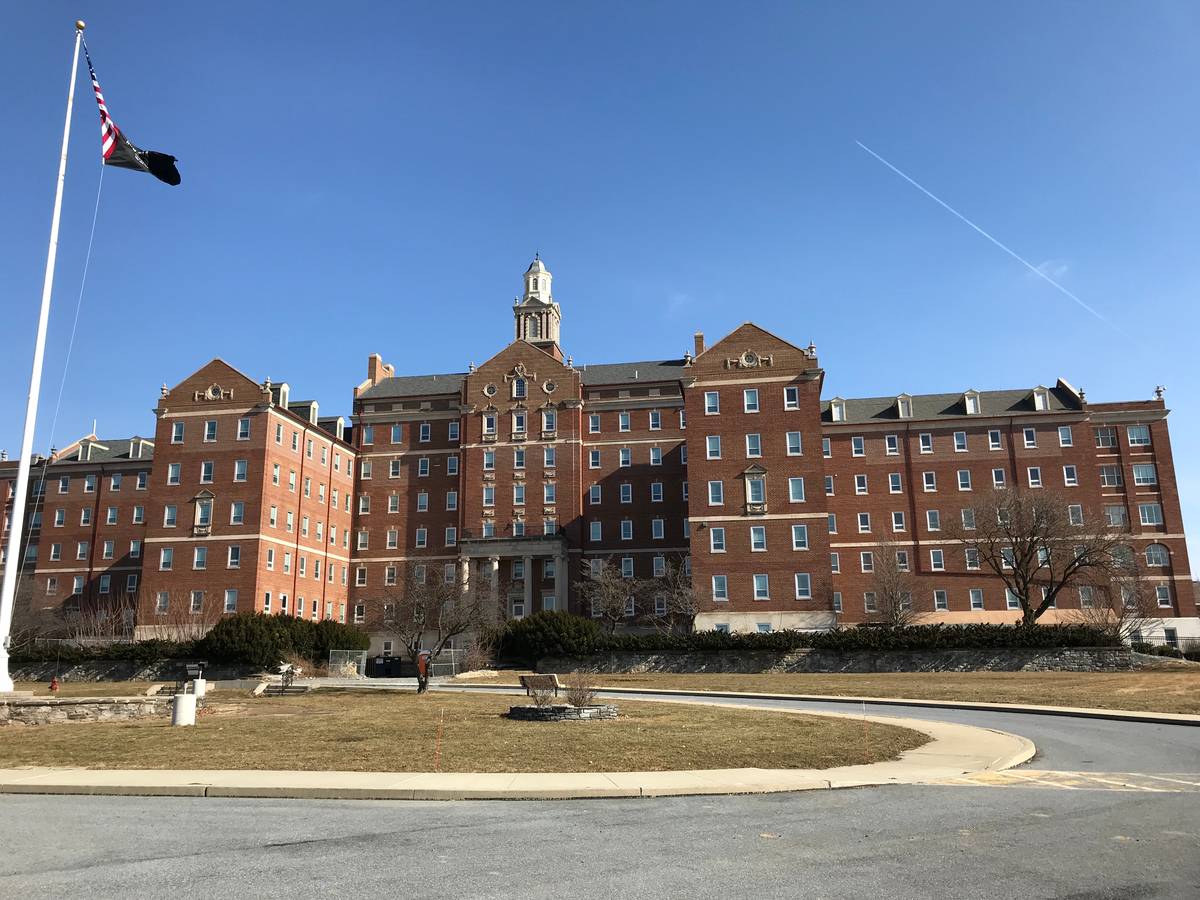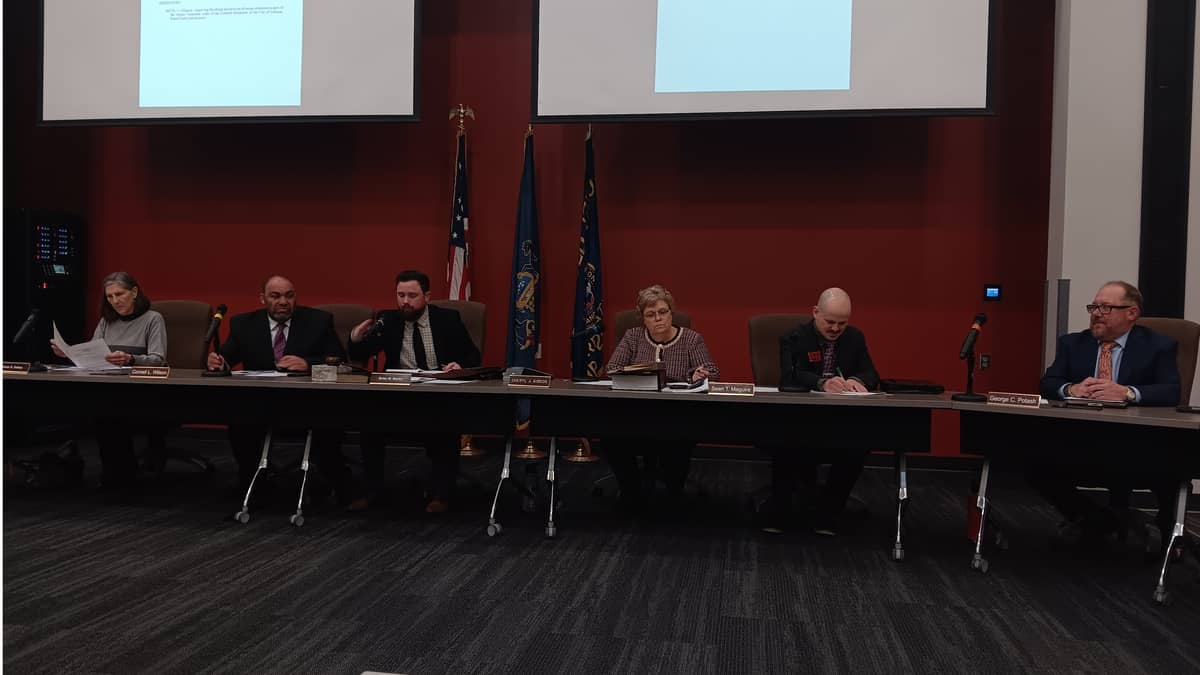The Lebanon VA Medical Center has announced several new services which will now be available to patients under the MISSION Act of 2018.
The centerpiece of the MISSION Act is the Community Care program, which allows veterans to receive care through a healthcare provider in the community using their VA medical benefits, provided that they meet at least one of the six criteria for eligibility.
Veterans can qualify by:
- Needing a service not available at a VA Medical Facility
- Qualifying under the Grandfather Clause relating to eligibility for the earlier Veterans’ Choice program
- Being unable to receive care through the VA within certain Designated Access Standard
- If a VA service line does not meet certain quality standards
- Qualifying for community care if their VA care provider determines that it would be in their best medical interest to receive care through a community provider.
- Living in a US State or Territory without a full-service VA medical facility.
According to Lebanon VA director Robert W. Callahan Jr., “The MISSION Act further empowers Veterans by giving them additional options and benefits for health care while allowing us to continue to offer them world-class healthcare at our seven convenient area locations.”
Like the Veterans’ Choice program it replaces, the MISSION Act helps to expand care options for veterans while also giving them greater control over their own healthcare decisions.
“The MISSION Act strengthens VA’s ability to deliver trusted, easy to access, high quality care at VA facilities, virtually through telehealth, and in the community,” said Lebanon VA public affairs specialist Ted Nichols II. “It allows our Veterans, who remain at the center of their care, to get the care and services they need, where and when they need them.”
Many of the eligibility criteria are intended to allow veterans to obtain care in situations where doing so at a VA facility would be prohibitively difficult or impossible.
For example, female veterans requiring maternity care are eligible to receive community care through the first listed criteria, since the VA does not provide maternity care at any of its medical facilities.
Those veterans who were eligible to receive care in the community on June 5, 2018 through the earlier Veterans Choice program by virtue of living at least 40 miles from the nearest VA medical facility, who received care between June 6, 2017 and June 6, 2018, and who will require care before June 6, 2020, will remain eligible until June 6, 2020.
However, with the exception of those eligible via the grandfather clause, distance-based eligibility for Community Care is now based on Veterans’ average drive time to their nearest VA facility. A fact sheet published by the VA explains this decision. See the fact sheet here (PDF).
“Veterans in urban areas can experience drive times that are as long or longer than Veterans in rural or remote areas. The switch to average drive-time criteria provides Veterans located in urban areas with improved choices for community care when average drive times to the nearest VA facility are long,” the document states.
Although the drive-time criteria is aimed towards Veterans in urban areas who might not otherwise be eligible for community care, Nichols believes that the Lebanon VA will see the most benefits from Community Care with regards to the rural population it serves.
“With many of our community clinics well-placed to provide our Veterans care closer to their home, locally the impact of the MISSION Act’s Community Care program is really going to be on our rural population of Veterans who live more than 30 minutes [drive time] from a VA facility providing primary care or mental health care or more than 60 minutes [drive time] for specialty care,” he said.
He also touted the ease with which Veterans can transition to Community Care.
“On the community care front, the improvements from [the Veterans’ Choice program] further empower our Veterans. If the Veteran meets any one of six new criteria established for care in the community, they now simply work with their VA healthcare provider if they wish to move their care into the community to a provider that is part of VA’s network,” Nichols said.
He made a point of emphasizing that even those Veterans who are eligible for Community Care are still free to continue seeing their VA provider if they wish.
“As our quality and survey data continues to show, the vast majority of our Veterans are extremely satisfied with the care they receive through Lebanon VA Medical Center and our community clinics, so it is important to remind Veterans that even though they may be eligible, there is no requirement for the Veteran to go into the community [to receive care],” he explained.
Although the MISSION Act primarily focuses on the availability of more intensive healthcare services through Community Care, the urgent care benefit included in the legislation is expected to be of even greater value to Lebanon VA patients.
According to Nichols, “…through the MISSION Act, all of our Veterans will gain access to a new urgent care benefit that gives them an option for care at VA-approved urgent care facilities for the treatment of injuries and illnesses that require immediate attention but are not life-threatening.”
“This new benefit is just another option in the toolkit for our Veterans as we continue to offer same-day services for our Veterans at each of our facilities for injuries and illnesses requiring immediate attention,” he continued.
Veterans should visit www.missionact.va.gov to view informational resources and see specifically how the MISSION Act may benefit them; in addition, they can browse a locator that contains VA-approved urgent care facilities. Veterans can also call the Lebanon VA Medical Center at (717) 272-6621 and press option 6 to get assistance with any MISSION Act related questions.

























